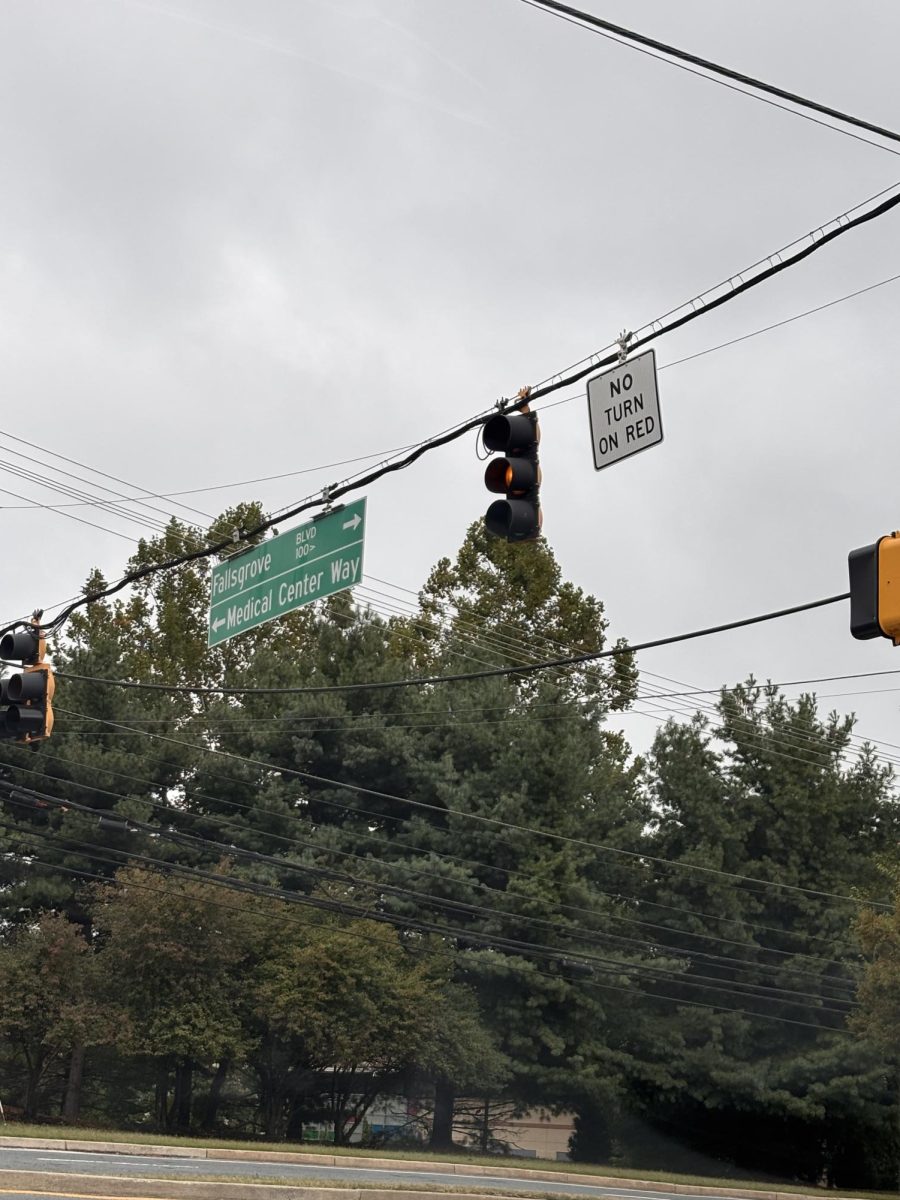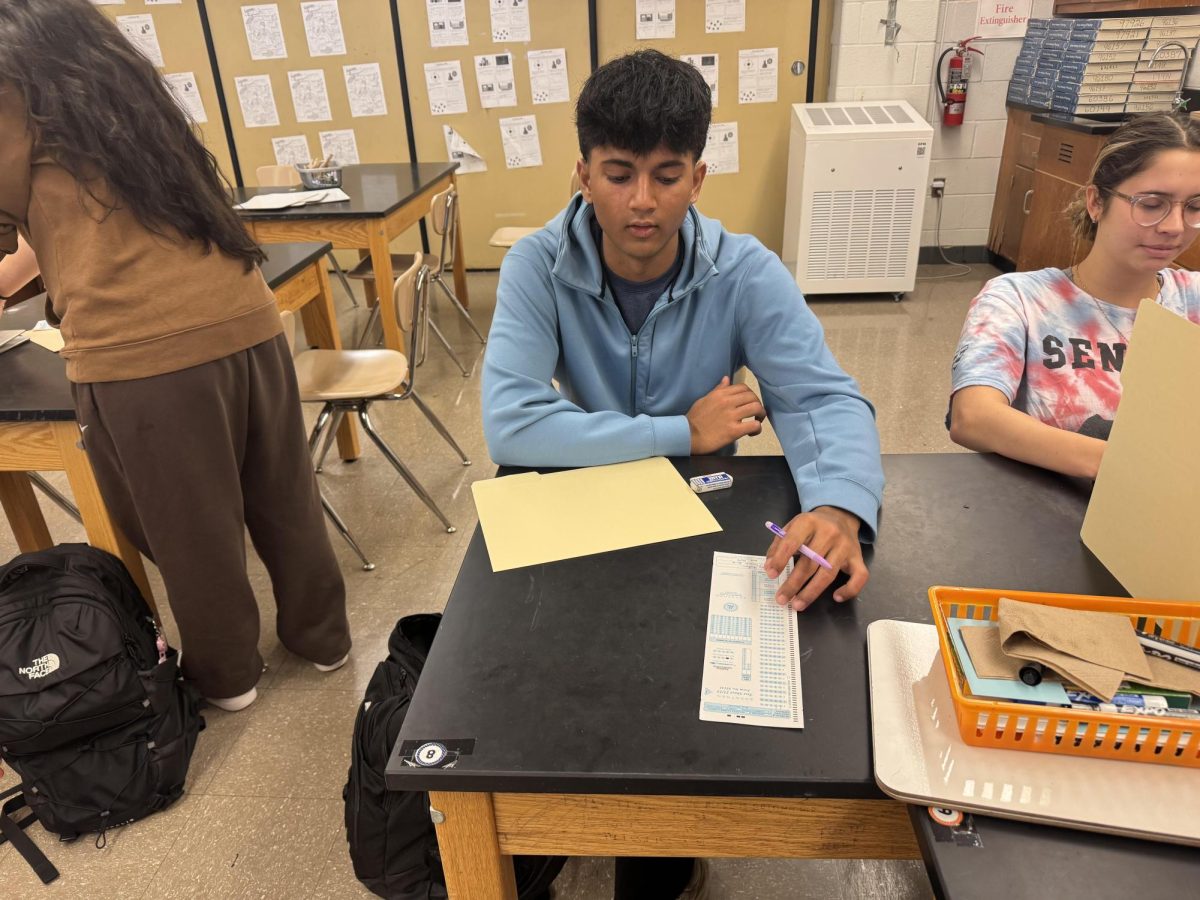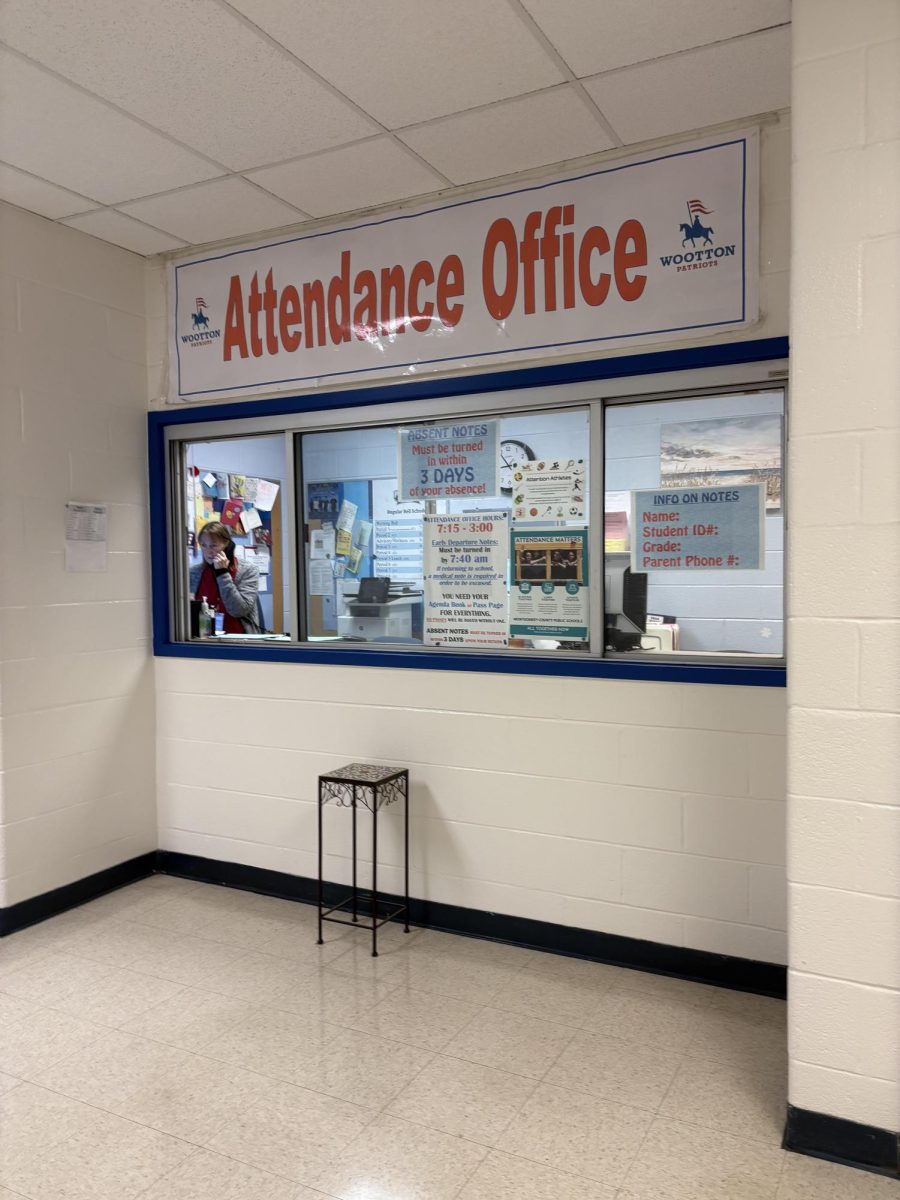The Seal of Biliteracy started in California in 2011 and is now offered in 28 states and the District of Columbia. In 2016, the Maryland Seal of Biliteracy was signed into law and was first implemented in 2017 where 1,200 students earned this seal.
The Maryland Seal of Biliteracy recognizes a student’s ability to understand a language in high proficiency, which includes the ability to read, write, listen, and speak in a language other than English. In order to obtain this seal, students must first pass the Maryland High School Assessment in English 10. Anyone in an Advanced Placement (AP) language classes is able to be recognized as biliterate by taking the AP exam and getting a minimum score of four.
Students in an AP language encourage others to take advantage of this opportunity. “I’m taking AP Spanish right now and I know I am going to take the AP exam for it. I am aware that if I get a four or a five on it, I can get the Maryland Seal of Biliteracy. This is a really good opportunity because I can get recognized for being proficient in a language while just taking the class and taking the AP exam for it. In my opinion, it’s super convenient and I encourage others to take an AP language,” junior Riya Kohli said.
Current students who take Spanish strive to be in AP Spanish. “I am in Spanish three right now and I am thinking about taking AP Spanish either junior or senior year. Being able to be recognized as biliterate after taking the AP exam for it seems like a convenient and a good opportunity because it’s another benefit that comes out of taking the class and you don’t have to pay more than the cost of the AP exam,” freshman Jessica Lee said.
Other students are hesitant to take an AP language but acknowledge this opportunity. “I don’t know if I am going to take AP Spanish but it might be good to take it because I can be recognized as biliterate and it would look good on college applications but I’m just not that good at Spanish,” sophomore Charlie Qin said.
The Seal of Biliteracy is not limited to the languages offered at school. The languages range from Arabic to Korean to German and more. Additionally, there are multiple ways to earn this seal such as through the Oral Proficiency Interview (OPI) and the Writing Proficiency Test (WPT). For more information about what languages are offered for the Maryland Seal of Biliteracy and which test to take for it, look on the Maryland Seal of Biliteracy Approved Assessments Aligned to The American Council on the Teaching of Foreign Languages (ACTFL) Proficiency guidelines, which can be found on the MCPS website.
Students who have earned this seal encourage others to try to obtain it as well. “I earned the Maryland State Seal of Biliteracy in Russian by taking a test, which was very similar to an AP test. I am fluent in Russian and wanted to earn this seal because I thought it was a good opportunity since Russian is not offered as a language in school and it would be a great addition to my college applications. The fact that the biliteracy test is offered in a range of languages allows people who speak different languages to be recognized for it and I think that is the best part about this. If you speak another language at home or if you are learning a language at school, you should earn the seal,” junior Samira Raoufi said.







